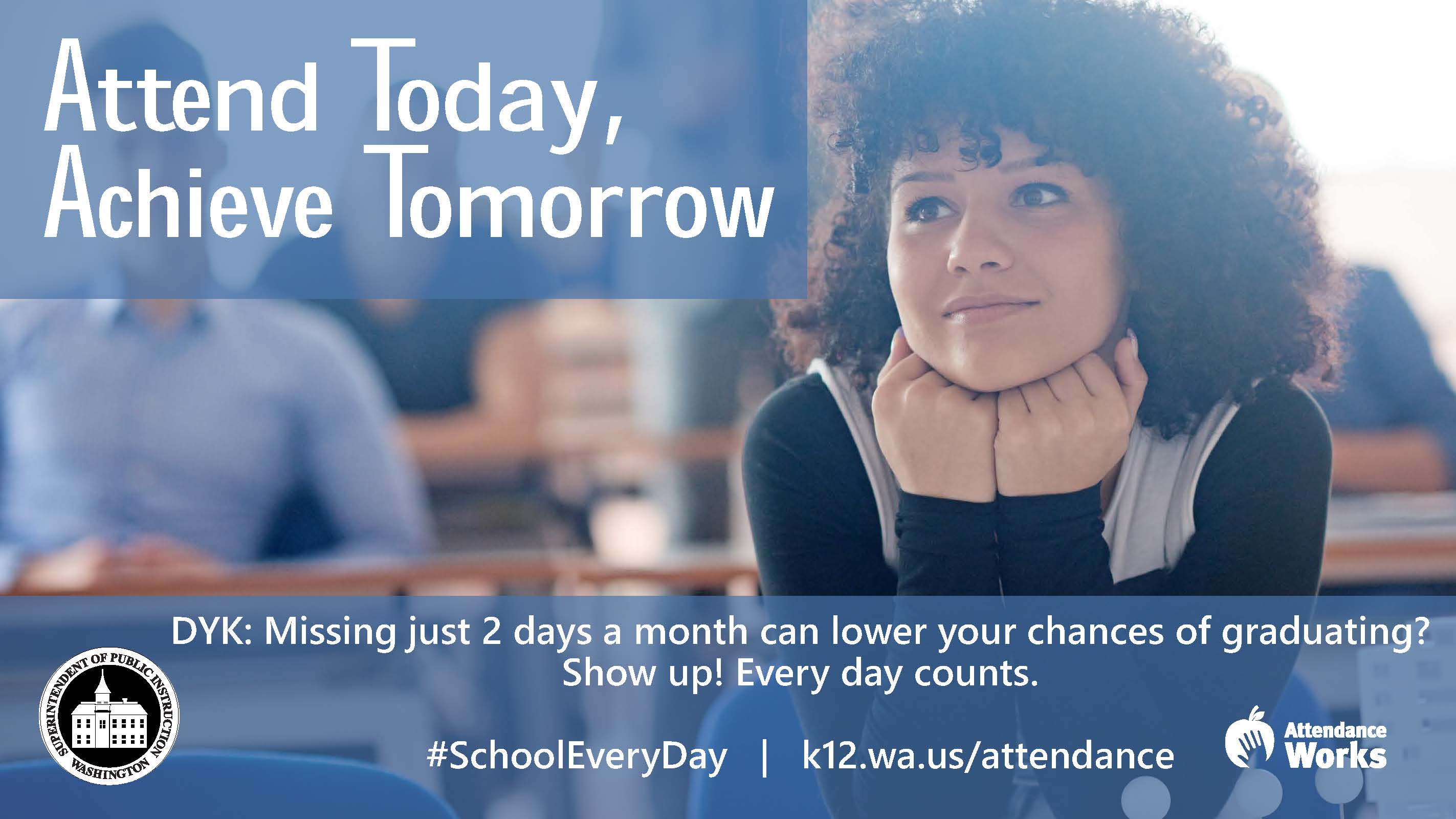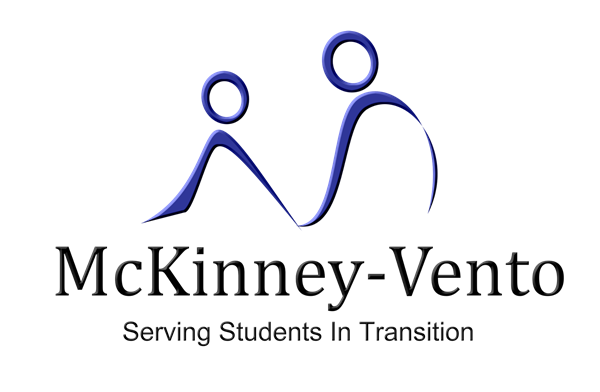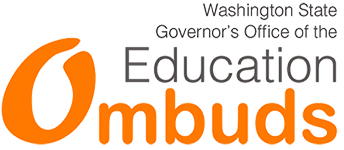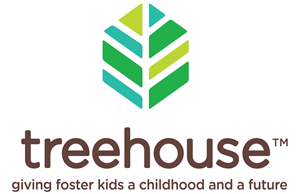
McKinney-Vento Homeless Education
Washington receives funding each year from the U.S. Department of Education and the Washington State Legislature to support the education of homeless students in school programs. Funding is distributed to LEAs through a competitive grant process. OSPI, as the state educational agency, designates a statewide Education of Homeless Children and Youth Coordinator and a Homeless Student Stability Program Supervisor to provide training and technical assistance, review and create policies and procedures, monitor LEAs for program compliance, provide dispute resolution procedures, to ensure that children and youth experiencing homelessness are able to attend and fully participate in school.
For enrollment and transportation support, or if you have questions about the McKinney Vento program, please contact our McKinney-Vento District Liaison.
For More Information about the McKinney Vento Program:
OSPI State Contact
Melinda Dyer
Program Supervisor McKinney-Vento
melinda.dyer@k12.wa.us
Foster Care Program
The Foster Care Program at OSPI supports students in foster care by encouraging innovative practices that reduce educational disruptions, strengthen school stability, and improve academic performance. Schools, child welfare agencies, communities, and families must work together to provide the equitable opportunities, specialized services, and useful supports that are essential for students in foster care to be successful in school and in life.
As part of the Student Support division, the Foster Care Education Program partners with educators, foster parents, social workers, state agencies, and advocates as they work to support the whole child through evidence-based, best-practices and collaboration.
The general role of the district Foster Care Liaison is to to collaborate with the DSHS/CA in an effort to address educational barriers that prevent children and youth in foster care from being identified, enrolled, attending, and succeeding in school. This may include:
Coordinating with the corresponding child welfare agency point of contact on the implementation of the Title I, Part A provisions.
Coordinating with the Foster Care Program Supervisor at OSPI.
Attending training and professional development opportunities to improve district implementation efforts.
Serving as the primary contact person for DSHS/CA and social workers.
Leading and documenting the development of a process for making best interest determinations.
Facilitating the transfer of records.
Facilitating immediate enrollment.
Facilitating data sharing with the child welfare agencies, consistent with FERPA and other privacy protocols.
Developing and coordinating local transportation procedures.
Ensuring that children in foster care are enrolled in and regularly attending school.
Providing professional development and training to school staff on the Title I, Part A provisions and educational needs of children in foster care, as needed.

District Truancy Liaison
TerriAnn Schiferl
Phone: (360) 264-3500
Attendance, Chronic Absenteeism, and Truancy
Attendance is a critical building block for student learning. If students are not present, they cannot engage in learning. Attendance is a powerful signal and leading indicator of equity. It can signal when students might need additional support and areas for system and school improvement. Chronic absenteeism impacts all students—no matter their age. Students that miss just two days a month for any reason are more likely to not read at grade level, and more likely to not graduate.
Tenino Community Truancy Board
The Tenino Community Truancy Board or CTB was established in January of 2016.
Duties of a community truancy board shall include, but not be limited to:
Identifying barriers to school attendance, recommending methods for improving attendance such as connecting students and their families with community services, culturally appropriate promising practices, and evidence-based services such as functional family therapy, multi-systemic therapy, and aggression replacement training, suggesting to the school district that the child enroll in another school, an alternative education program, an education center, a skill center, a dropout prevention program, or another public or private educational program, or recommending to the juvenile court that a juvenile be referred to a HOPE center or crisis residential center.” RCW 28A.225.025
The Tenino CTB meets monthly and has representatives from the Tenino community, Thurston County Juvenile Court, community non-profit organization(s), and Tenino School District staff members. The CTB is facilitated by the student and family support liaison for the Tenino School District.






